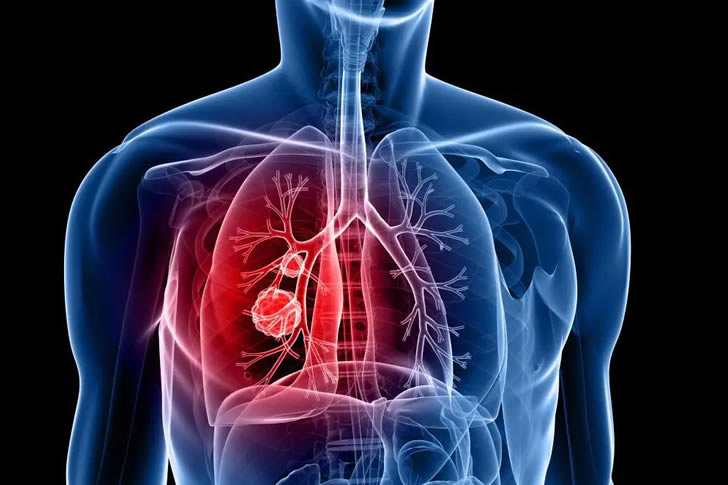Cancer treatment can be challenging, but proper guidance can help you navigate your journey with radiation therapy and immunotherapy effectively.

Managing cancer with radiation therapy and immunotherapy can be a complex process, but there are essential tips that can help patients navigate their treatment journey more effectively. Here’s a comprehensive guide to managing cancer during these therapies:
Understanding Radiation Therapy
Radiation Therapy Basics:
- Radiation therapy uses high doses of radiation to kill cancer cells or shrink tumors. It can be delivered externally (external beam radiation) or internally (brachytherapy).
Essential Tips for Radiation Therapy
- Follow Your Treatment Plan:Adhere strictly to the treatment schedule provided by your oncologist. Consistency is key to maximizing the effectiveness of radiation therapy.
- Communicate with Your Healthcare Team:Keep an open line of communication with your medical team. Report any side effects or concerns promptly, as they can provide solutions or adjustments to your treatment.
- Manage Side Effects:Common side effects include fatigue, skin irritation, and localized pain. Use recommended skin care products to soothe irritation and discuss fatigue management strategies with your healthcare provider.
- Maintain a Healthy Diet:Eating a balanced diet rich in fruits, vegetables, whole grains, and lean proteins can help support your body during treatment. Stay hydrated and consider small, frequent meals if you experience nausea.
- Rest and Self-Care:Prioritize rest and self-care. Fatigue is a common side effect of radiation therapy, so listen to your body and allow yourself time to recuperate.
- Seek Support:Consider joining a support group or seeking counseling. Connecting with others who are going through similar experiences can provide emotional support and practical advice.
Understanding Immunotherapy
Immunotherapy Basics:
- Immunotherapy harnesses the body’s immune system to fight cancer. It can include checkpoint inhibitors, CAR T-cell therapy, and monoclonal antibodies.
Essential Tips for Immunotherapy
- Stay Informed:Educate yourself about the specific type of immunotherapy you are receiving. Understanding how it works and potential side effects can empower you to manage your treatment better.
- Monitor Side Effects:Immunotherapy can cause unique side effects, such as flu-like symptoms, skin reactions, or changes in organ function. Report any unusual symptoms to your healthcare provider immediately.
- Maintain a Healthy Lifestyle:Similar to radiation therapy, a healthy diet and regular exercise can support your immune system. Engage in light physical activity as tolerated and focus on nutrient-rich foods.
- Stay Up-to-Date with Appointments:Regular follow-ups are crucial for monitoring your response to immunotherapy and managing any side effects. Ensure you attend all scheduled appointments.
- Consider Complementary Therapies:Some patients find relief from side effects through complementary therapies such as acupuncture, yoga, or meditation. Always discuss these options with your healthcare provider.
- Build a Support Network:Surround yourself with supportive friends and family. Emotional support is vital during treatment, and having someone to talk to can alleviate stress.
General Tips for Both Therapies
- Keep a Journal:Document your symptoms, side effects, and any changes in your condition. This information can be valuable for your healthcare team in adjusting your treatment plan.
- Stay Organized:Keep track of your appointments, medications, and treatment schedules. Use a planner or digital app to help manage your treatment journey.
- Practice Stress Management:Techniques such as mindfulness, meditation, and deep-breathing exercises can help reduce anxiety and improve your overall well-being.
- Advocate for Yourself:Be proactive in your care. Ask questions, express concerns, and ensure you understand your treatment options and any changes to your plan.
- Consider Palliative Care:Palliative care focuses on providing relief from symptoms and improving quality of life. It can be integrated with curative treatments and is beneficial at any stage of cancer.
Conclusion
Managing cancer with radiation therapy and immunotherapy requires a multifaceted approach that includes medical treatment, lifestyle adjustments, and emotional support. By following these essential tips, patients can enhance their treatment experience, manage side effects more effectively, and improve their overall quality of life during their cancer journey. Always consult with your healthcare team for personalized advice and support tailored to your specific situation.









